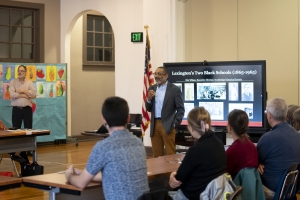
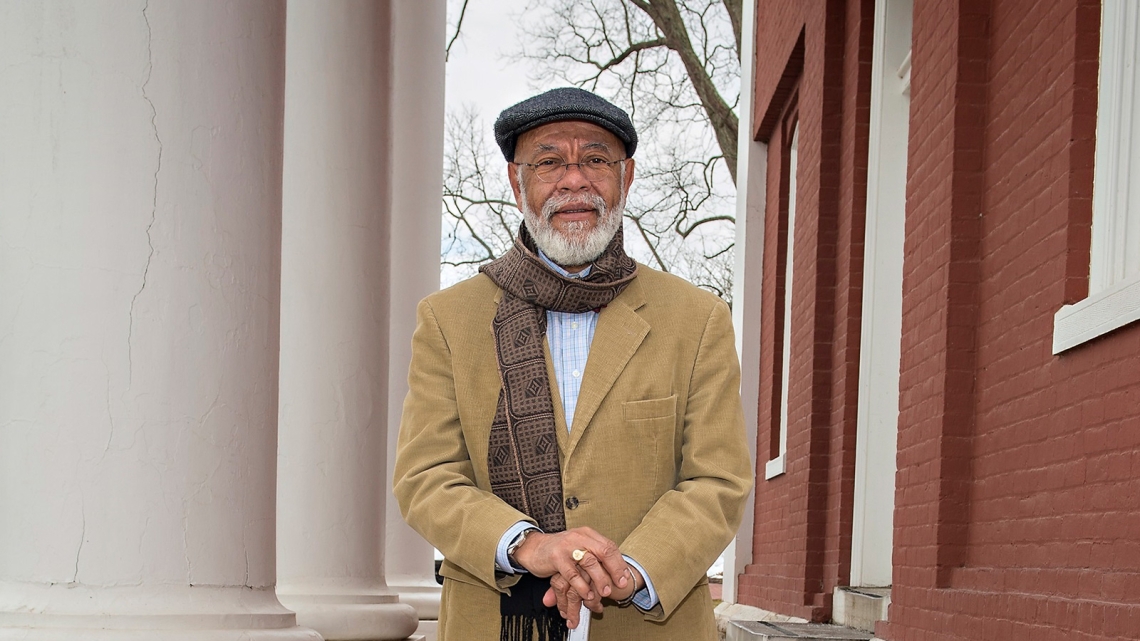
Honoring a Mentor’s Legacy Dyson Foundation endows director position at the DeLaney Center.
Established in 2021, the DeLaney Center at Washington and Lee explores Southern race relations, culture and politics through various disciplinary approaches and theoretical perspectives. The center provides unique opportunities for students and faculty in the College, School of Law and the Williams School to examine the racial issues that have defined and continue to shape the U.S. South.
Named in honor of the late professor of history emeritus Theodore “Ted” DeLaney Jr. ’85, the center serves the university by encouraging the creation of new courses, facilitating faculty scholarship, and advancing original research and creative work by students. Co-curricular programming not only educates but also fosters community among students, faculty, staff and university neighbors.
The DeLaney Center builds on the work of its namesake who taught courses on colonial North America and African American, civil rights, and gay and lesbian history. DeLaney’s scholarship focused on the untold histories of African Americans in Virginia, including John Chavis, who studied at Liberty Hall Academy and is the first known African American to receive a college education in the United States. Much of DeLaney’s research found its way into the courses he taught and the presentations he developed for W&L Alumni College, class reunion programs, neighboring universities, museums and historical societies.
During his time on faculty, DeLaney worked tirelessly to make the university a more welcoming and inclusive place, and he encouraged the institution to thoughtfully examine its complex history. A wise and caring teacher with a passion for justice, he was a mentor to numerous faculty and students, including Chris Dyson ’00, who graduated from W&L with a degree in history, magna cum laude. Dyson and his family held DeLaney in very high regard during his years as a student. Now that he is a member of the W&L Board of Trustees, Dyson has a greater appreciation for DeLaney’s leadership and impact on the university.
“Ted was an amazing man in every respect. He was an incredible teacher and student adviser,” said Dyson. “He was a superb listener who took a keen interest in our lives and made a huge impact on me and generations of students. Ted’s own personal connection to the university and his deep understanding of the history of the institution was second to none. His devotion to our learning and his drive for progress was unstinting; he was simply one of the greatest figures in Washington and Lee’s history and cannot be honored enough, in my opinion.”
In addition to his work on W&L’s Board of Trustees, Dyson is vice chairman and treasurer of the Dyson Foundation, a private, grant-making organization in Millbrook, New York, that focuses on nonprofits in the Mid-Hudson Valley. It also enhances educational institutions in its backyard and beyond. At Dyson’s recommendation, the foundation awarded W&L a $3 million grant to endow the DeLaney Center director position. Michael Hill, professor and chair of Africana Studies, was named the inaugural director of the DeLaney Center in April 2022. Funding from the Dyson Foundation will enable Hill to engage the W&L community in vibrant new programming and position the center as a national leader among liberal arts institutions.
“Washington and Lee is uniquely positioned to play a major role in promoting this research, teaching and programming.” — Chris Dyson ’00
The opportunity to honor his former professor by supporting the DeLaney Center financially is just one of the reasons Dyson recommended a grant for this new initiative. In his leadership role at the university, Dyson recognizes the important impact the center will have on enhancements to the curriculum and enriching the experience for all W&L students and faculty.
“The DeLaney Center will allow Washington and Lee to be a leader in this work, to attract top scholars, and to energize students who are eager to learn more about the university’s rich history and identity,” said Dyson. “I am pleased the Board of Trustees provided funding to establish the center in 2021 and through the Dyson Foundation, it will be propelled even further in the years to come.”
Additionally, the university will raise $24 million to endow the work of the DeLaney Center including support for faculty positions, postdoctoral fellowships, one-year fellowships for current faculty, and funds to bring visiting scholars, artists and practitioners to campus to enrich the curriculum. Endowments will also fund research and leadership opportunities for DeLaney Undergraduate Fellows and DeLaney Center programs, student and faculty participation in conferences, and other events.
In addition to supporting transformative projects that improve the lives of its beneficiaries, the Dyson Foundation serves as a catalyst in improving organizations’ capacity to better fulfill their missions.
“Washington and Lee is uniquely positioned to play a major role in promoting this unique research, teaching and programming — not only at the university, but also among its alumni community and higher education more broadly,” said Dyson. “It is the hope of the Dyson Foundation that serving as an early supporter of this initiative signals its importance and that our backing will encourage other foundations and donors to join us in investing in this important work.”
Butler Endowment Boosts DeLaney Center Endeavors
When Landon “Lanny” Butler Jr. ’63 read an article about the launch of the DeLaney Center at Washington and Lee, he knew it was a university priority he wanted to support. In 2022, the longtime W&L volunteer and donor, along with his wife, Carol, made a stock transfer of nearly $250,000 to create an endowment to support the center.
The Butlers view the work of the DeLaney Center as central to fostering a more diverse, equitable and inclusive campus, and they wanted their support to signal the importance of this burgeoning program.
Earnings from the Carol and Landon Butler ’63 Endowment for the DeLaney Center will fund endeavors including student research and collaborations with other Virginia colleges and universities, symposia and conferences that showcase student and faculty research, and internship opportunities for undergraduate and law students.
A lifelong learner, Butler is enthusiastic about the work of the DeLaney Center in part because of his career as a public servant. He served as an officer in the U.S. Marine Corps following graduation, and after attending Harvard Business School and moving to Atlanta in 1970, Butler worked part-time for then-Georgia Governor Jimmy Carter.
He followed the newly elected U.S. president to Washington and served as deputy chief of staff during the Carter administration. For the ensuing 30 years, Butler was chairman and founder of Landon Butler & Company, LP, a commercial real estate advisory firm.
In April, Butler and his daughter Sarah Butler Stettinius, who graduated from W&L in 1994, experienced DeLaney Center programming firsthand. They were among 20 students, community members, faculty and staff who visited the Booker T. Washington National Monument in Hardy, Virginia, as part of DeLaney Center Saturdays. These trips to sites that focus on race and Southern identity take place three times a year and feature encounters with on-location experts, a shared meal and debriefing conversations. The experience confirmed to Butler that his and Carol’s investment in the program is money well spent.
“The DeLaney Center offers the university a great opportunity to build on its long tradition of providing a terrific liberal arts education,” said Butler.
“Carol and I are pleased to support W&L students and faculty in exploring the issues of Southern race relations, culture and politics. It is important work that embraces the university’s motto — not unmindful of the future.”
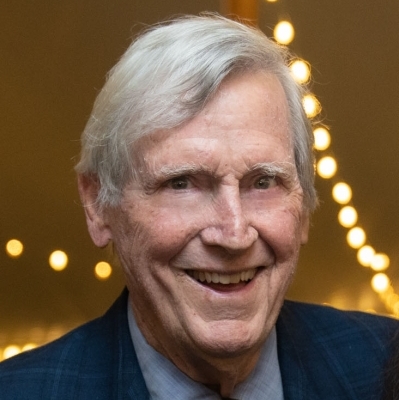 Landon “Lanny” Butler Jr. ’63
Landon “Lanny” Butler Jr. ’63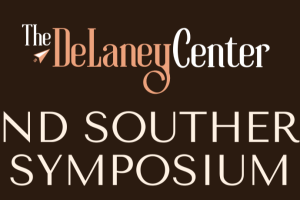
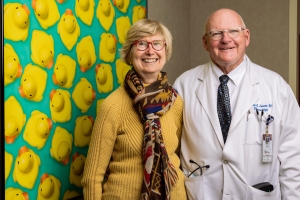

You must be logged in to post a comment.